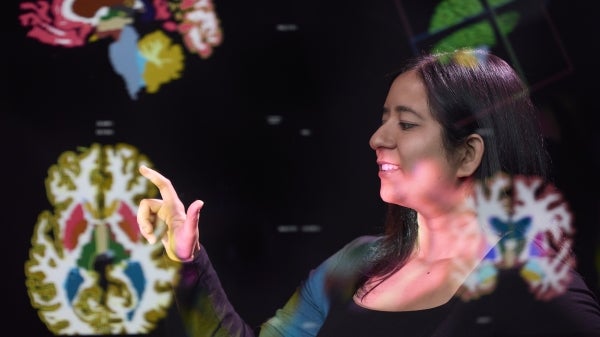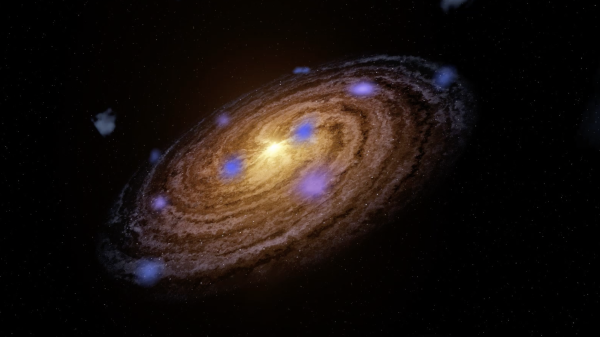Study: Social support reduces genetic risk factors that can lead to alcohol use problems

New research shows that social support from friends can shield people at risk of alcohol use disorders.
The study, which was published in the Journal of Abnormal Psychology, found that the combination of genetic predisposition and personality type can lead to problematic alcohol consumption. Having strong social support from friends protected against excessive drinking.
“People with alcohol use problems can be stigmatized, and addiction is often thought of as a personal choice or moral failure. Genes play an important role in alcohol consumption, and understanding how genes link to complex behaviors and interact with the environment lets us identify targeted ways to prevent problems or intervene,” said Jinni Su, assistant professor of psychology at Arizona State University and lead author on the study. “Genes matter but are not our destiny.”
Genetic risk for problem drinking behaviors was determined using a rating called a genome-wide polygenic score. This aggregate score is based on how an entire genome is associated with a specific trait — in this case, alcohol use.
Participants with an elevated genetic risk for problem drinking behaviors were likely to have sensation-seeking personalities. People with this personality trait thrive on seeking out new experiences. The researchers found that the combination of genetic risk and sensation-seeking personalities were associated with higher levels of alcohol use.
“This finding gives us a possible pathway to help individuals with genetic risk channel their predisposition in healthy ways. Knowing that people with a higher genetic risk for alcohol misuse also tend to have sensation-seeking personality traits means that we can encourage them to engage in new and fun activities like rock climbing instead of drinking,” Su said.
The study also examined how people’s environment affected their genetic risk for problem drinking. The researchers examined how social relationships affected the combination of genetic risk and personality trait on alcohol consumption. Strong friendships were protective against problem drinking in people who had elevated genetic risk and sensation-seeking tendencies.
“Genetic risk does not influence everyone the same way and can be affected by our environment, like social relationships. Some people with a genetic predisposition for alcohol misuse are more susceptible to having poor social relationships. But, social support can also buffer genetic risk, reducing the likelihood of bad outcomes like alcoholism,” Su said.
In addition to Su, the research team consisted of Sally I-Chun Kuo, Fazil Aliev and Danielle Dick of Virginia Commonwealth University; Grace Chan of the University of Connecticut; Howard Edenberg of Indiana University; Chella Kamarajan and Jacquelyn Meyers of the State University of New York Downstate Medical Center; Vivia McCutcheon of Washington University, St. Louis; Marc Schuckit of the University of California, San Diego; and Jay Tischfield of Rutgers University.
This study was funded by the National Institute on Alcohol Abuse and Alcoholism and the National Institute on Drug Abuse.
Top photo: A new study from the Arizona State University Department of Psychology shows that the combination of genetic predisposition to alcohol use disorders and personality type can lead to problematic drinking behaviors. Having strong social support from friends was identified as protective against excessive drinking. The work was published in the Journal of Abnormal Psychology. Image by Duy Pham/Unsplash
More Science and technology

New NIH-funded program will train ASU students for the future of AI-powered medicine
The medical sector is increasingly exploring the use of artificial intelligence, or AI, to make health care more affordable and to improve patient outcomes, but new programs are needed to train…

Cosmic clues: Metal-poor regions unveil potential method for galaxy growth
For decades, astronomers have analyzed data from space and ground telescopes to learn more about galaxies in the universe. Understanding how galaxies behave in metal-poor regions could play a crucial…

Indigenous geneticists build unprecedented research community at ASU
When Krystal Tsosie (Diné) was an undergraduate at Arizona State University, there were no Indigenous faculty she could look to in any science department. In 2022, after getting her PhD in genomics…